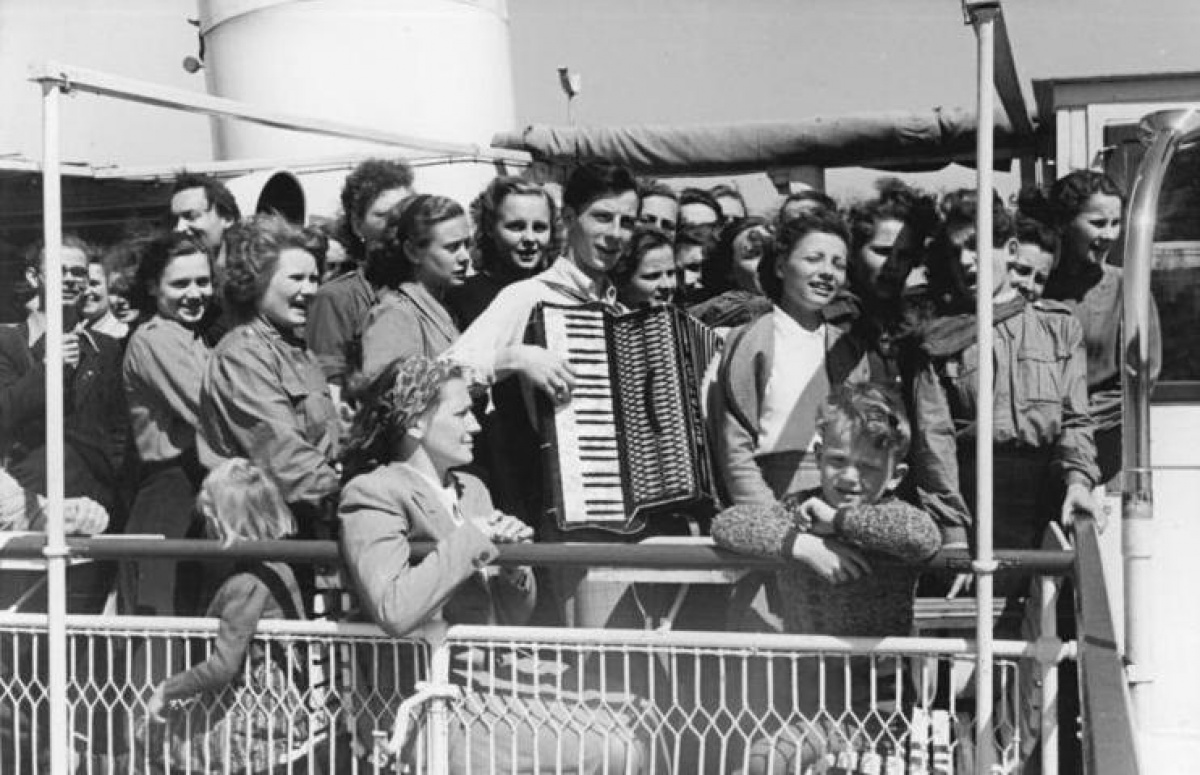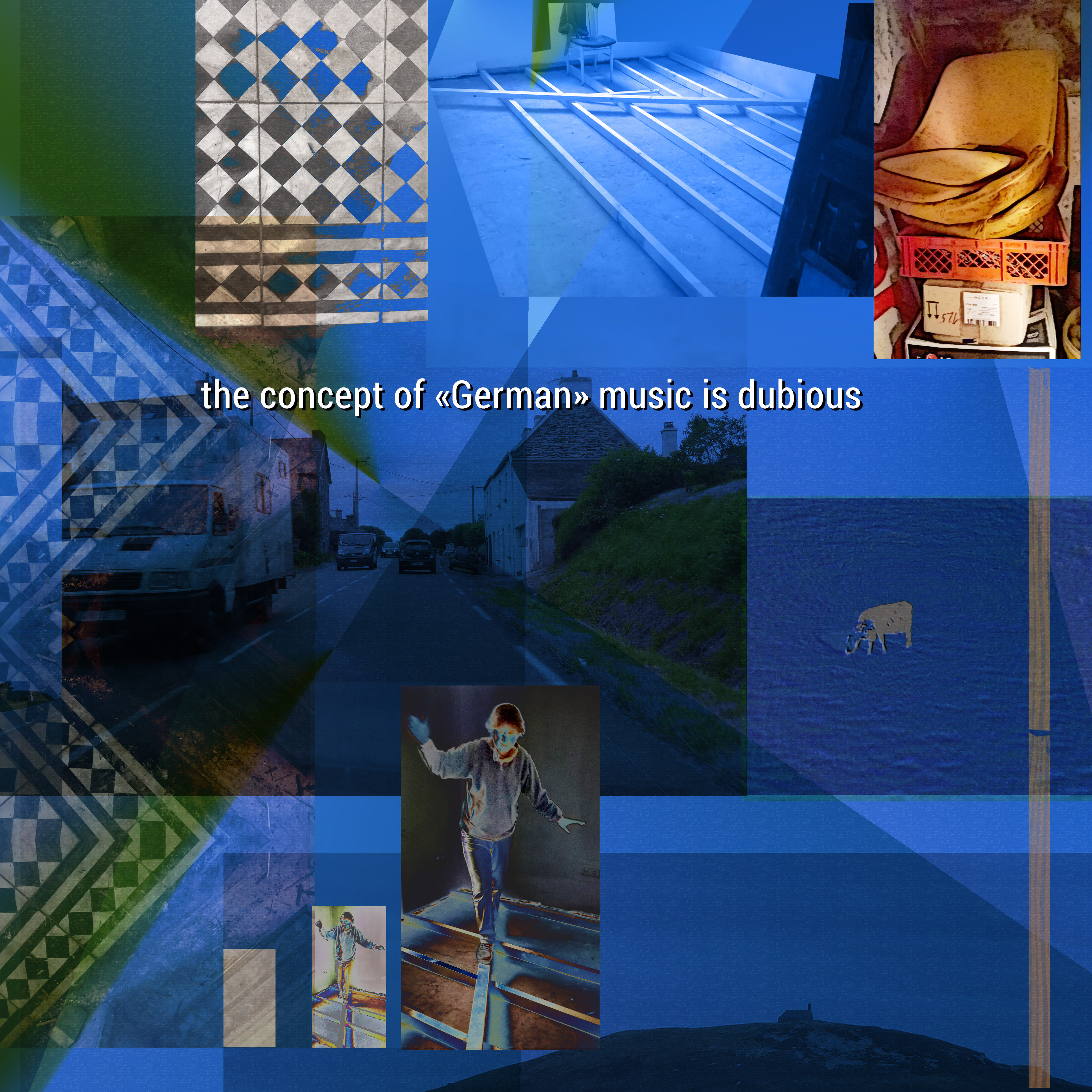
The Impossibility of «German» Music
When the pandemic hit Germany’s music scenes, a group of managers called for a national music quota in order to save «domestic» music. In her essay, Melanie Schiller raises the question if music can be national in the first place.
The corona crisis has hit the music world hard. Within just a few days, all events got cancelled. In reaction to this sudden loss of income, a group of German artist-managers called for a national music quota on German radio in late March 2020. By playing domestic («heimische») music, radio stations should show their commitment to and solidarity with German artists to safeguard the diversity of German musical life for post-corona times, under the motto «we stay at home, you play our songs».
Besides the fact that the conceptualization of «German» in this request is dubious, it also raises the issue of whether pop music can be national in the first place. This question remains especially prevalent in Germany, where pop musicians have struggled with their national identity ever since the Second World War, while nationalism is on the rise again in recent years. Implicit in the call for a national music quota (and the many similar demands brought forth in previous crises) is the equation of German music with quality and diversity – as opposed to dominant Anglo-American pop music that is considered to be pablum. Historically, however, it was precisely the music of Black Americans and British soldiers stationed in occupied Germany that «liberated» the post-war youth from the parental Nazi-frowst to imagine alternative futures and a cosmopolitan modernity for themselves – by avoiding their own Germanness (Schiller 2020). All over the country, the youth danced to jazz and rock’n’roll, and German beat bands tried to perform as «English» as possible.
On the other hand, the Anglo-American dominance of pop is often considered limiting when it comes to authentically expressing experiences and living conditions in Germany. Krautrock of the seventies, for instance, experimented with musical styles and technologies with the desire to find a musical language that would be true to the post-war German experience of being «born in a field of ruins» (Irmin Schmidt of Can).
A German Quota Supports Nationalism
The decision to use German language in pop has then always been a complicated one: it can be read as reactionary German in line with its Nazi-past (like Schlager), or as a political and aesthetic statement against «inferior», yet culturally imperialistic, Anglo-American pop. This latter emancipatory desire, however, can easily be implicated with suspected German jingoism («Deutschtümeli»). German pop has always navigated between these conflicting positions.
The last time a German national music quota was discussed in the early 2000s, the music industry was similarly suffering from a crisis: the consequences of digitalization and download culture. The arguments were the same as today – «we» are losing «our» (national) identity, unless protectionist measures are taken. The quota was never introduced and twenty years later one can attest that national identity was not lost. On the contrary: five years ago, a German tabloid headline celebrated: «The charts have never been so German.» Meanwhile, Germany has fascists represented in the national parliament again and a strong neo-nationalist movement that is building on a similar rhetoric: inducing fear of national identity loss in the face of migration and globalization. This is what makes the contemporary call for a national radio quota by the German artists’ managements problematic; under the pretence of corona-support, it easily affords the further mainstreaming of nationalism. Simultaneously, it disavows the musical legacies of «German» music, not to mention the basic fact that pop music in itself is always transnational, translocal, and hybrid in nature.
Sounds
The author wrote the book Soundtracking Germany: Popular Music and National Identity. Published in 2018 at Rowman & Littlefield, London (UK).

The corresponding book was published in 2020 at Rowman & Littlefield, London (UK).
Biography
Links
Published on June 17, 2021
Last updated on May 01, 2024
Topics
Snap
